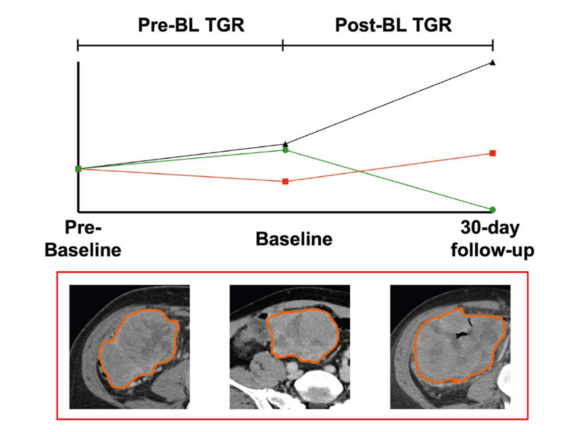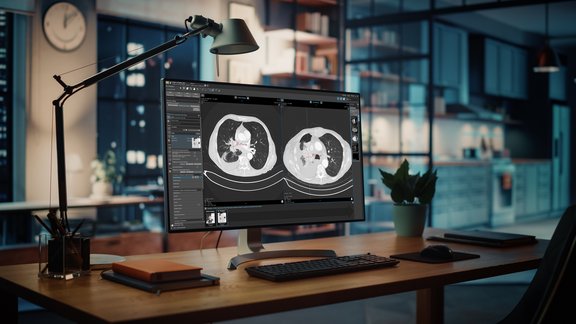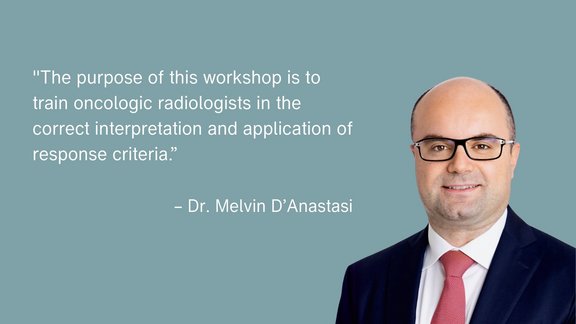A recent study conducted by Dr. med. Michael Winkelmann and his colleagues at the LMU Klinikum München explored the association between TGR dynamics from pre-treatment to post-treatment imaging and the patients' outcomes.
The research provides valuable insights into the potential of TGR as a novel prognostic imaging biomarker in the context of CAR-T therapy for patients with relapsed or refractory non-Hodgkin's lymphoma.

Study with mint Lesion™ Uncovers the Impact of Tumor Growth Rate in Predicting the Efficacy of CAR-T-cell Therapy in Lymphoma Patients
Related Resources
Related Resources

Lung Cancer Screening in Germany – A Turning Point for Early Detection
Few topics are currently as impactful in radiology as lung cancer screening. From 2026, Germany is expected to roll out a nationwide program, marking…

Leave No Data Behind: Commitment to Data Excellence
At Mint Medical, we understand data as a cornerstone for improving patient care and groundbreaking research. Our mission is clear: Leave No Data…

ESOI-EORTC Workshop: Hands-On Training in Assessing Tumor Response to Treatment
The ESOI-EORTC workshop, hosted by the European Society of Oncological Imaging (ESOI) and the European Organization for Research and Treatment of…